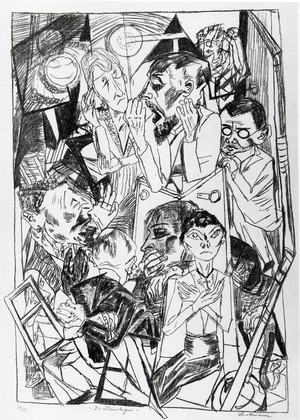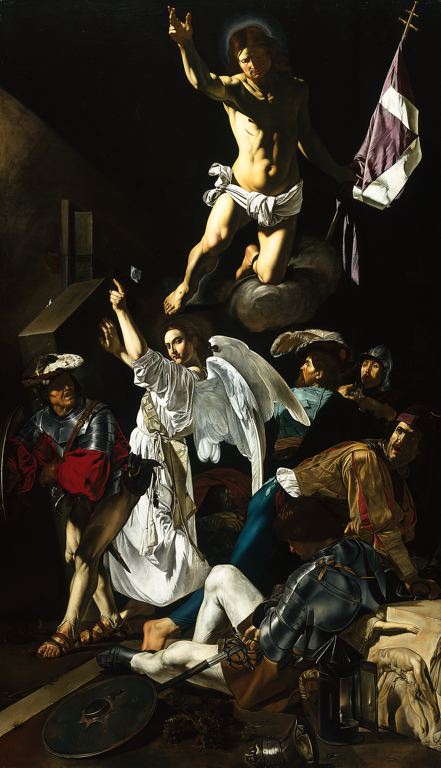by Matthew Raley A church is not a business. A church is a town.
Many kinds of people live in a town, and they stay because, in their diverse ways, they are connected to the town's life. A doctor can live in the same town as a carpenter because both contribute to its vitality. A town has different sections in which people congregate at different times for different reasons. The variety of resources available -- available in an organic and free way -- is what makes the town feel lively.
A town doesn't have a mission, in the business sense. It has a culture. It doesn't tell residents where to go, or what their priorities should be, or what skills they should have. Such a town would be oppressive. A town is attractive if the way of life it offers is strong, meaning there's energy and laughter and productivity. Businesses contribute mightily to that life, but ultimately they are nurtured by the town.
So with a church. It is a congregation of differences united in a life.
Churches often become oppressive because they drive out diversity, as if they were businesses working a plan. Seeking to be purposeful, such churches instead become destructive.
I think one of the toughest challenges of pastoral leadership is nurturing oneness in diversity.
David Brooks of the New York Times wrote a column this week that caught the problem.
He describes the traits that make a good business executive. Three studies of strong executives, he says, have shown that "warm, flexible, team-oriented and empathetic people are less likely to thrive as C.E.O.’s. Organized, dogged, anal-retentive and slightly boring people are more likely to thrive."
Such findings swim upstream. Many leadership books emphasize that the CEO should be out relating to people, showing his or her human side. There is a glut of writing on team dynamics, on inspirational leadership, and on "vision," as if business people are temperamentally unsuited for their jobs.
There is also a deep-rooted aversion to business culture among professionals in literature, education, and the arts, who use business as a cuss word, and think the marketplace is inherently crass.
Brooks is onto the cultural animosity that makes the critique empty.
The personality types that make great business people are not strong on being reflective or expressive. "For this reason, people in the literary, academic and media worlds rarely understand business. It is nearly impossible to think of a novel that accurately portrays business success. That’s because the virtues that writers tend to admire — those involving self-expression and self-exploration — are not the ones that lead to corporate excellence."
What we have here, Brooks says, is one culture sniping at another. It's just, They should be more like us.
"Fortunately," he writes, "America is a big place. Literary culture has thrived in Boston, New York and on campuses. Political culture has thrived in Washington. Until recently, corporate culture has been free to thrive in such unlikely places as Bentonville, Omaha and Redmond." He wonders what a drive for control from Washington will do to the nation's life.
Churches should be big places -- even the numerically small churches. They should have little districts where the arts, social action, scholarship, and enterprise all thrive, and those districts should be open to traffic, so that people congregate at different times and for different reasons.
Like a town.
We all read 1 Corinthians 12 about the body and its diversity, and we all agree with it. But we tend to say, "Yeah, those people really need me," in blunt rejection of the text's point.
These days, churches seem to cater to specific interest groups. They gather a demographic -- Mosaics, say -- and they base their oneness on their shared cultural perspective, implicitly or explicitly criticizing all the others. This is an illusory oneness, and the illusion is ugly.
Actual oneness in Christ comes when people of diverse races, professions, and ages form a way of life together founded on his atoning death and resurrection. They form a culture based on love. They live together in a little town. I have seen that this oneness is attractive.
And, as a pastor, I have learned that I cannot nurture it by remaining a small man.



